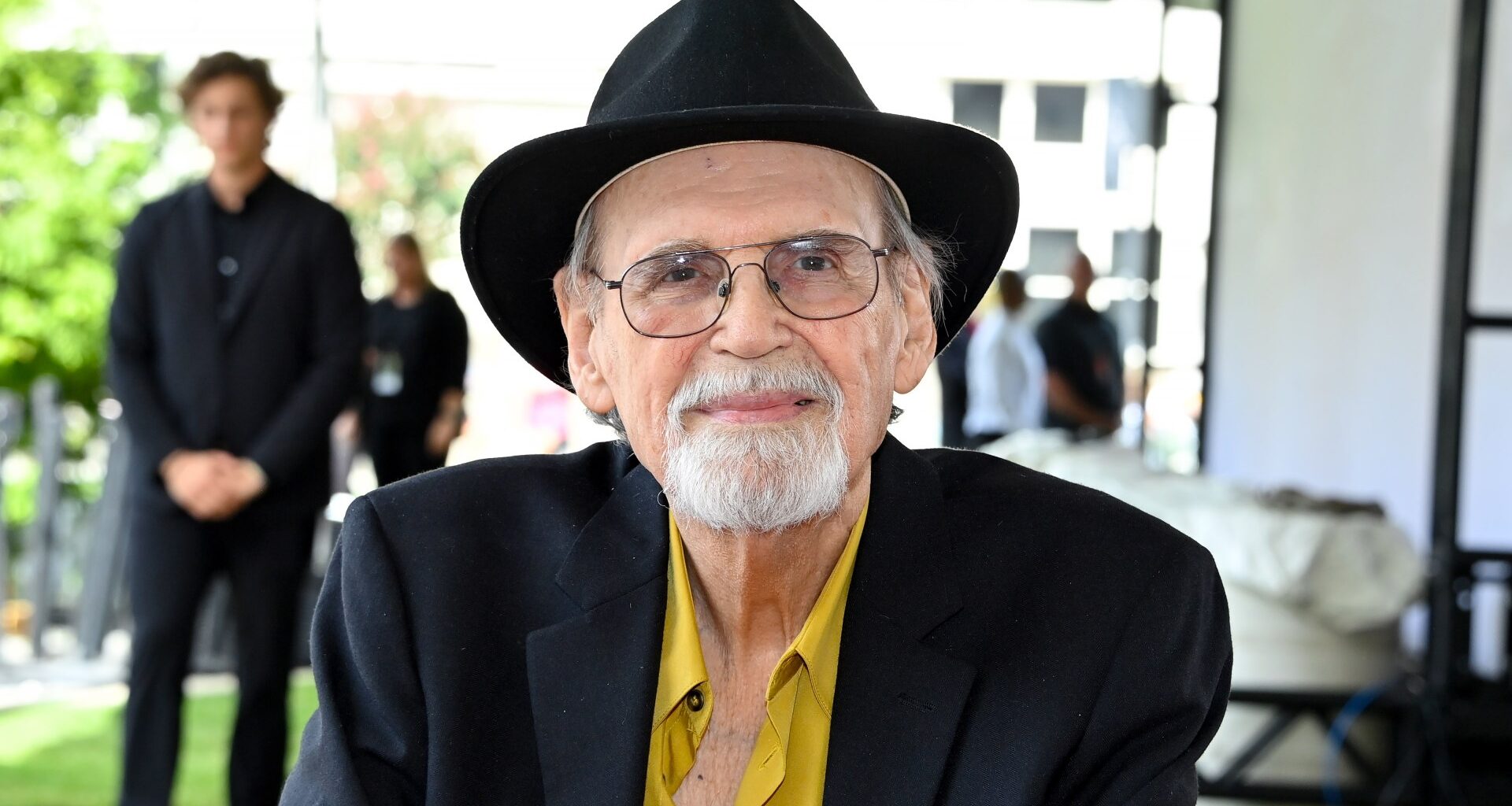LEGENDARY guitarist Duane Eddy has died at the age of 86 after inspiring artists including George Harrison with his distinctive style.
The American musician was dubbed the King of Twang thanks to his reverberating electric sound on instrumentals such as Rebel Rouser and Peter Gunn.
Eddy was credited with putting the twang in early rock’n’roll and influenced stars such as late Beatles guitarist Harrison and Bruce Springsteen.
Grammy-winning Eddy sold more than 100 million records worldwide – enjoying a string of instrumental hits in the 1950s and 1960s.
After notching up 16 top 40 singles between 1958 and 1963, Eddy returned to charts in 1986 with a remake of his song Peter Gunn.
His mastering of a unique twang on the guitar coupled with backing hollers and hand claps drew attention from aspiring artists.
Eddy started playing guitar at the age of five, and was self taught.
He and producer Lee Hazlewood later established the twang sound after realising the instrument’s lower strings sounded better on tape than its high ones.
Speaking in 1986, he told the Associated Press: “I had a distinctive sound that people could recognize and I stuck pretty much with that.
“I’m not one of the best technical players by any means; I just sell the best.
“A lot of guys are more skillful than I am with the guitar. A lot of it is over my head.
“But some of it is not what I want to hear out of the guitar.”
Eddy’s inspiration could be heard in the music of artists who followed, including that of George Harrison who brought in a slow twang on Beatles hit Day Tripper.
Hazlewood meanwhile later adapted the twang sound for his production of Nancy Sinatra’s 1960s smash hit These Boots Are Made for Walkin’.
Eddy died surrounded by his family at Williamson Health hospital in Franklin, Tennessee, on Tuesday after a battle with cancer.
A representative said: “Duane inspired a generation of guitarists the world over with his unmistakeable signature ‘Twang’ sound.
“He was the first rock and roll guitar god, a truly humble and incredible human being.
“He will be sorely missed.”












